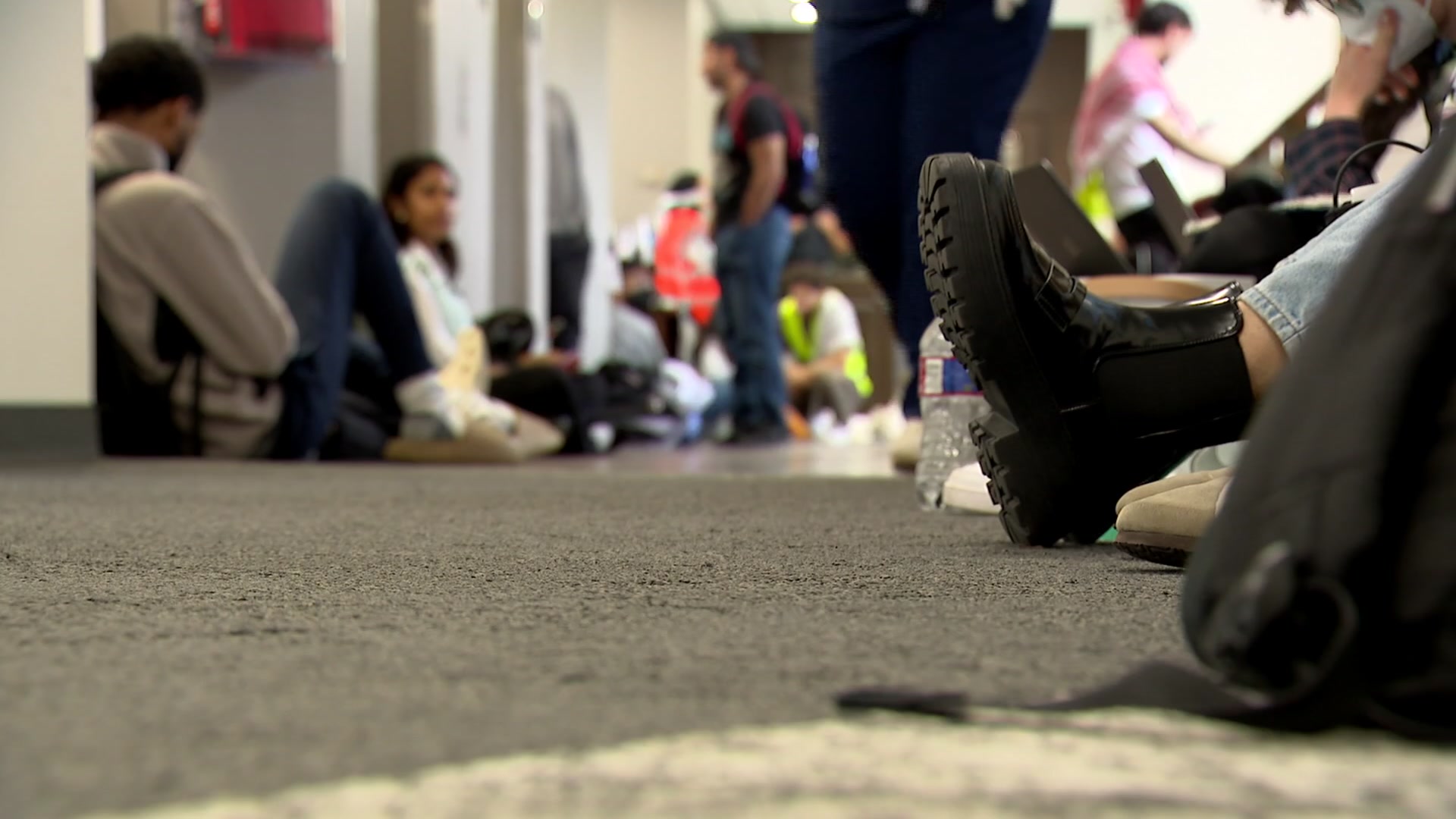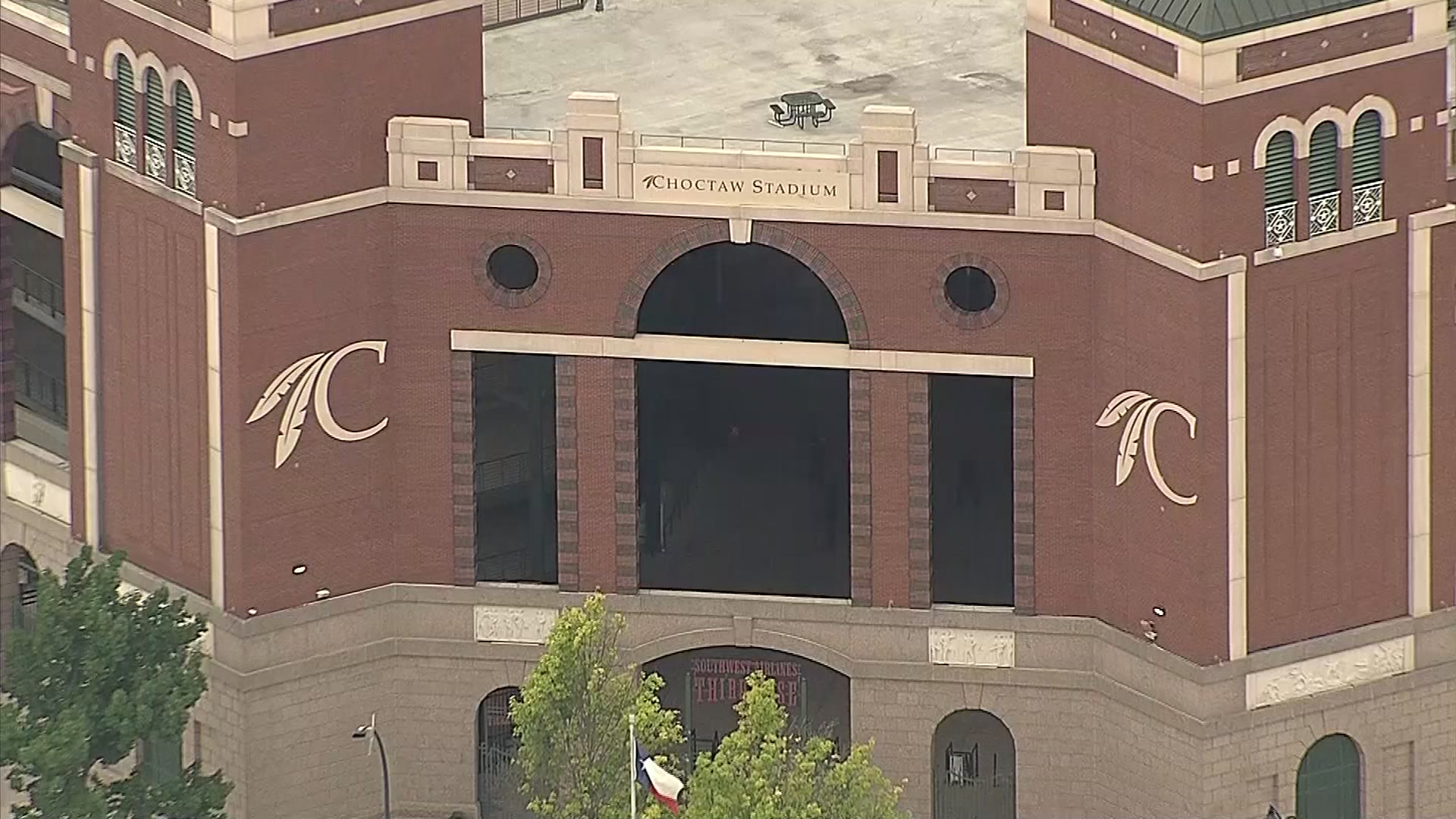Is it raining in Texas? That depends on who you ask.
The rainy day fund contains $10-plus billion at a time when slumping oil prices have left the state facing a potential $6 billion shortfall just to maintain current spending levels in the 2018-2019 budget the Legislature is now devising. Democrats and Republicans in the House want to spend some of that to forego widespread cuts.
But in its version of the budget, the Senate avoided raiding Texas' piggy bank by using an accounting gimmick that would temporarily divert $2.6 billion previously earmarked for highway funding. House Speaker Joe Straus decried that as "counting money twice."
"I'm not interested in cooking the books just to avoid a vote on the rainy day fund," said Straus, a San Antonio Republican.
It's a common fight across conservative America, where legislatures often won't touch cash reserves, preferring to hoard money for untold future calamities at the expense of keeping themselves afloat during current budget boondoggles.
The National Association of State Budget Officers says rainy day funds nationwide had an all-time high fund balance of $79.6 billion in fiscal year 2015 and slipped only to $73.3 billion in fiscal year 2016, despite the prolonged oil price slump punishing state revenue in Texas and other energy-producing locales. Just nine states tapped their cash reserves in fiscal year 2016, and fewer still appear ready to do so this fiscal year.
Texas' aversion to rainy day fund spending is especially acute, though. The budget officers' association lists Texas' rainy day fund as worth more than $10.1 billion, equivalent to 19 percent of total state expenditures for fiscal year 2017. It reports that that's a greater percentage than anywhere except sparsely populated Wyoming, whose about $1.5 billion cash reserves exceed 100 percent of state expenditures, and Alaska, where the $3.5 billion rainy day fund represents nearly 83 percent of state spending this fiscal year.
Local
The latest news from around North Texas.
There's precedent here, of course. In 2011, Texas cut $5.4 billion from public schools rather than draw from the rainy day fund. That came amid pressure from then-Gov. Rick Perry, who was preparing a presidential run and wanted to bolster his tea party credentials by keeping Texas' cash reserves intact. Perry's successor, Gov. Greg Abbott, now has said he'd prefer to avoid tapping the rainy day fund -- but it may yet happen.
While waiting on the rainy day fund's fate, here are key legislative issues to watch this week:
------
SENATE BUDGET
The draft budget is set to hit the Senate floor Tuesday. It includes cuts to higher education and Medicaid and no extra funding for public schools while defunding an Abbott-championed pre-kindergarten program. Despite some believing that President Donald Trump's immigration crackdown might save Texas money, meanwhile, the Senate is seeking to maintain border security spending at $800 million.
Debate may prove arduous, but the proposal should still pass the Senate relatively unscathed. The House looks like another story.
------
VOTER ID
Also poised for a Senate floor vote is a bill modifying Texas' strict voter ID law by incorporating some temporary changes ordered after it was ruled discriminatory last year.
Federal appeals courts declared that the law disproportionately penalized poor and minority Texans, and ordered a workaround for November's presidential election. That let people without required ID vote by signing an affidavit.
The bill seeks to make-permanent much of that temporary fix while mandating up to 10 years in prison for anyone convicted of lying on such affidavits.
------
DUELING EDUCATION PRIORITIES
The House and Senate continue to advance different priorities for public education -- meaning neither may get what it wants.
The Senate, as early as this week, could approve a voucher plan offering state subsidizes for children attending private and religious schools. But that issue is a House non-starter.
Instead, the House should soon debate and pass a bill making sweeping changes to Texas' school finance system -- which the state Supreme Court ruled was flawed but minimally constitutional last summer.
A school finance fix, though, may face a tough road in the Senate, where some are weary of tackling such a complex issue when they've not been ordered by a court to do so and without a special legislative session to focus solely on the topic.



